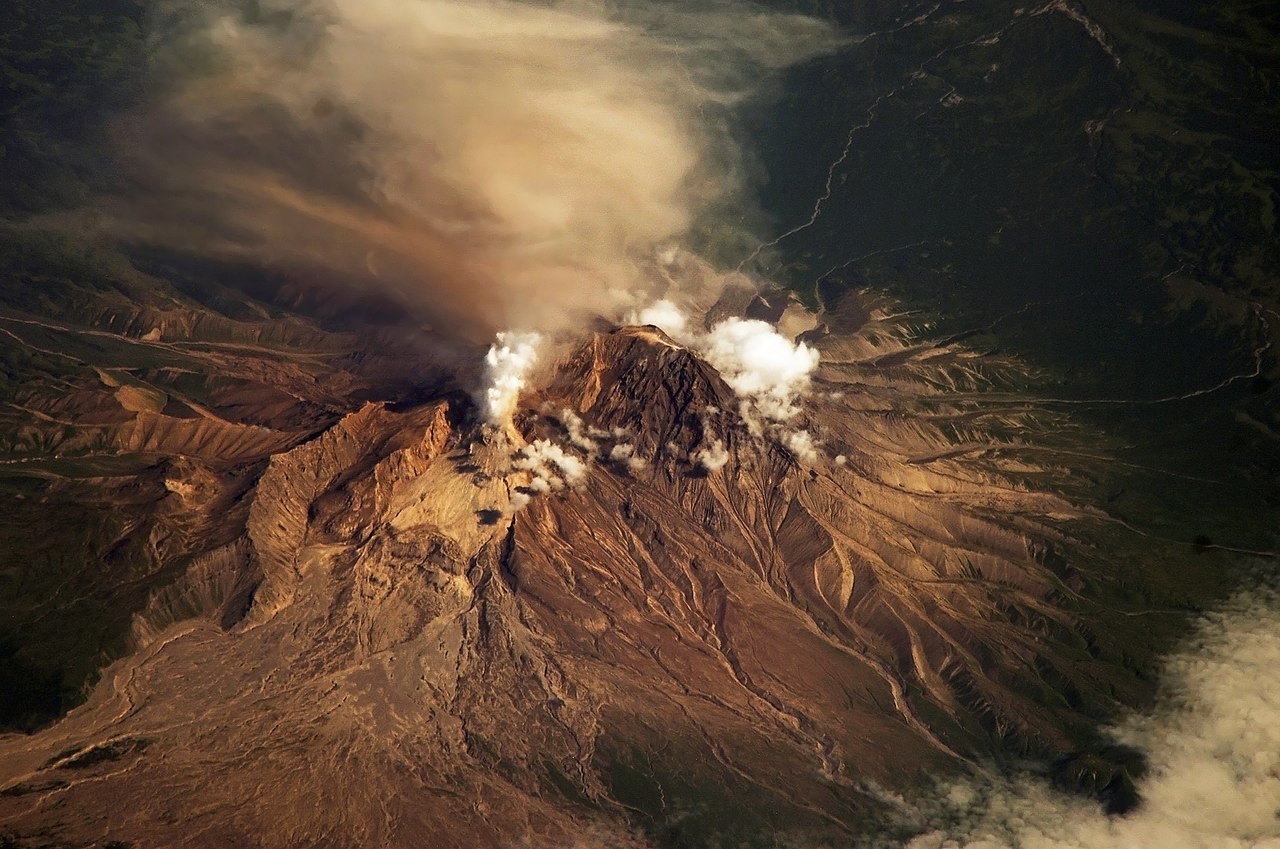The eruption reached its peak six hours later, producing an ash cloud that spread over an area of roughly 108,000 square kilometres.
The Kamchatka peninsula is situated in far-eastern Russia and sits north-east of Japan.
Some 6,800 kilometres away from the country’s capital of Moscow, the peninsula hosts a population of roughly 300,000 people.
The grey ash spread by the eruption was as deep as 8.5 centimetres on the ground, the deepest level recorded in 60 years, reported the Kamchatka Branch of the Russian Academy of Sciences’ Geophysical Survey.
The director of the Kamchatka Branch, Danila Chebrov, spoke on the eruption.
“The ash reached 20 kilometres high, the ash cloud moved westwards and there was a very strong fall of ash on nearby villages,” said Cherbov.
“The volcano was preparing for this for at least a year… and the process is continuing though it has calmed a little now.”
Cherbov cautioned that further major ash clouds were not out of the question but said that lava flows were unlikely to reach local villages.
There were no immediate reports of casualties following the eruption.
However, officials were warned of potential mud flows along a nearby highway as lava flows melted through snow.
The Kamchatka Volcanic Eruption Response Team issued a red notice for aviation, warning that ongoing volcanic activity could affect international and low-flying aircraft.
The aviation authority urged crews to “constantly monitor changes in meteorological information.”
Vladimir Solodov, the governor of Kamchatka, said that the villages of Kliuchy, Kozyrevsk and Mayskoye were the worst affected by the eruption.
Residents were urged to stay indoors amidst the heavy ash and many schools were closed, with students to switch to remote classes for the duration of the aftermath of the eruption.
The eruption at Shiveluch did not come as a surprise to volcanologists, who had been predicting the eruption for months.
Shiveluch is one of the world’s most active volcanoes, with its last major eruption taking place as recently as 2007.






